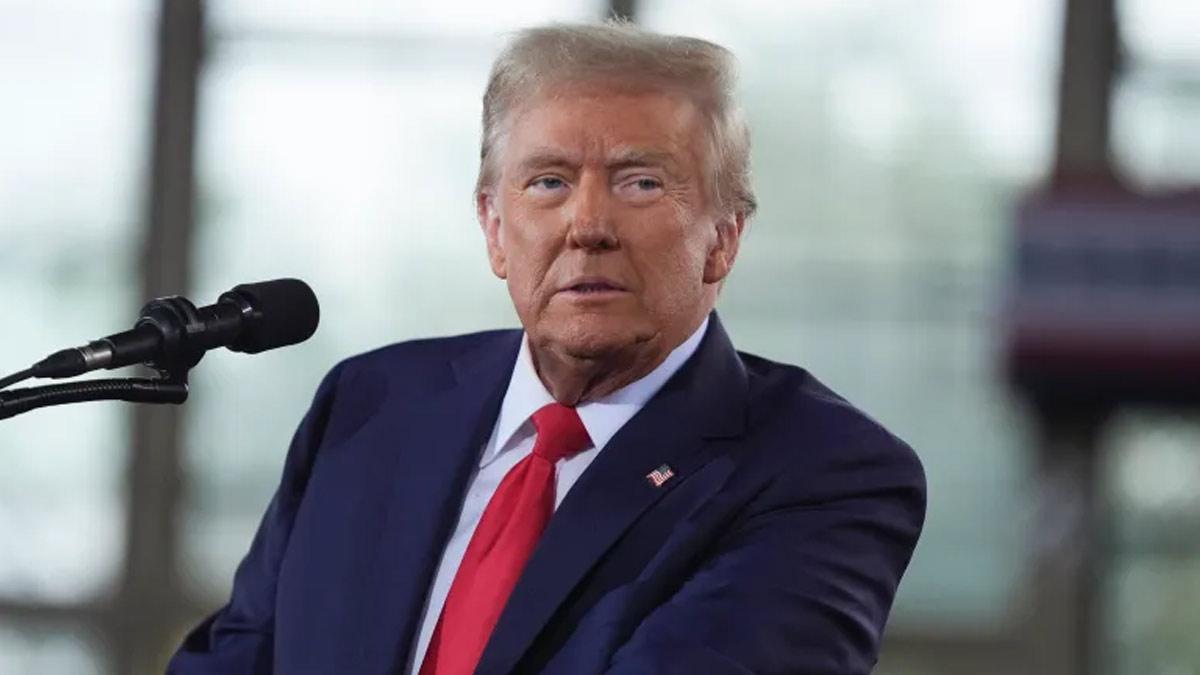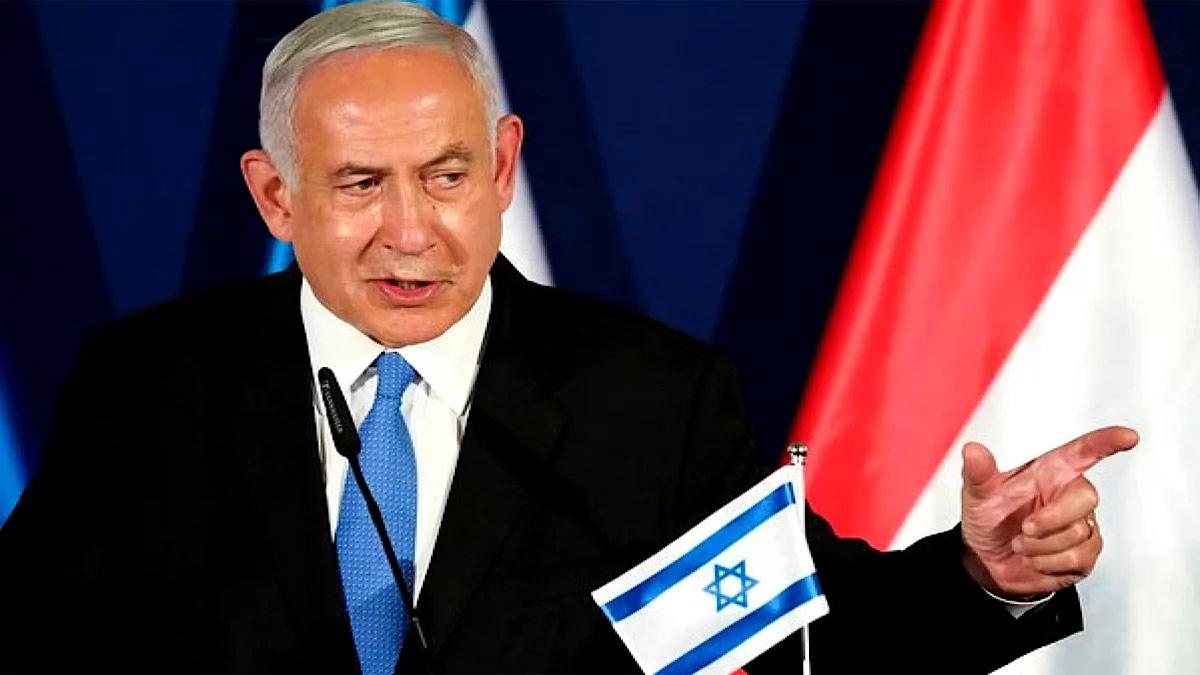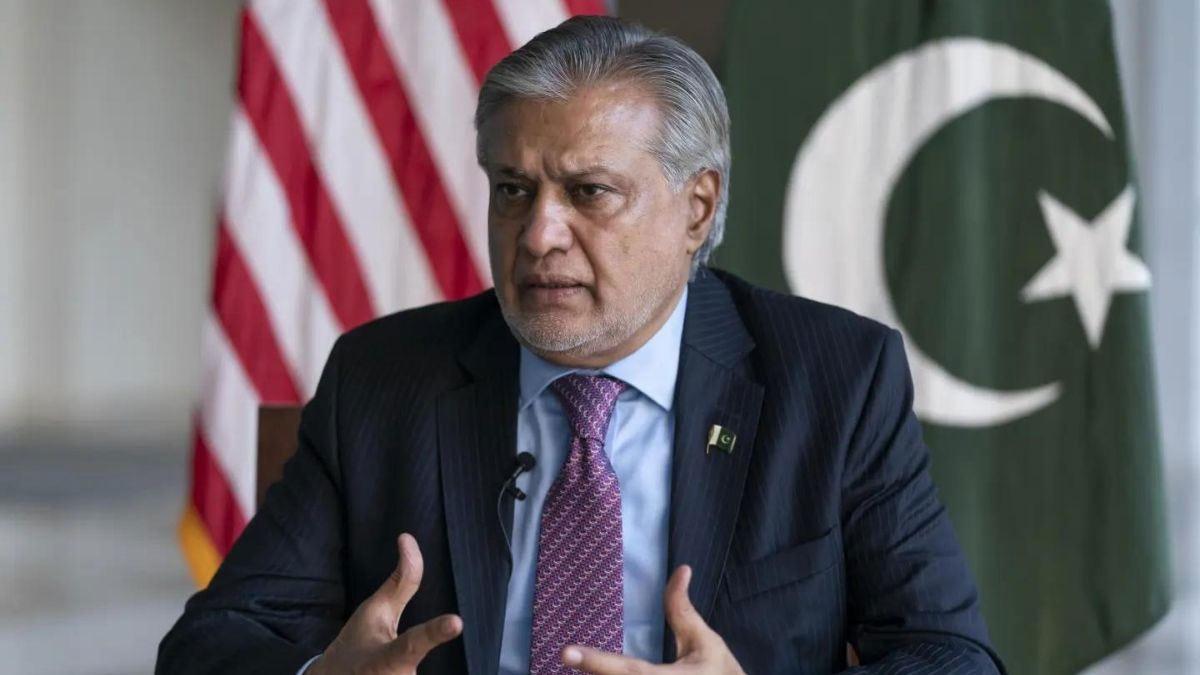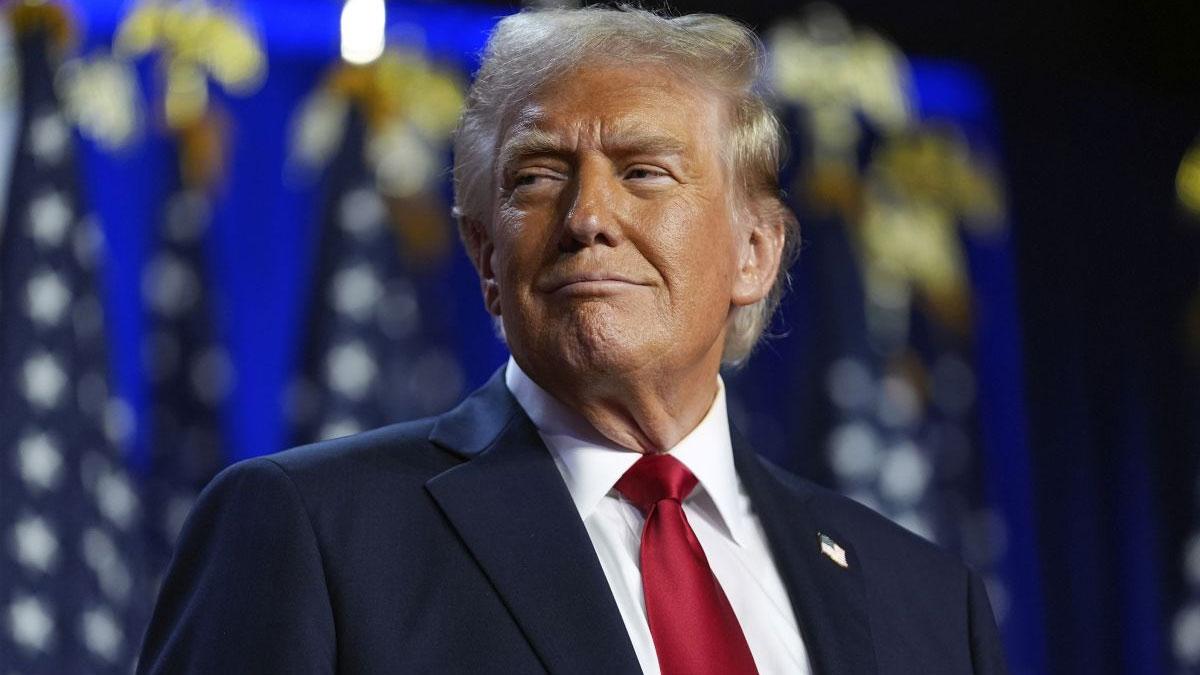The White House said Thursday that President Donald Trump will make a determination in the next two weeks regarding whether the United States will intervene in the rising aerial war between Israel and Iran. The move puts pressure on Tehran to think seriously about returning to diplomatic negotiations.
White House Press Secretary Karoline Leavitt, speaking on behalf of Trump, informed reporters: "Because of the fact that there's a fair likelihood of negotiations which can or cannot occur with Iran in the near future, I will determine within the next two weeks whether or not to go."
But skepticism trailed the message, with Democratic Sen. Chris Murphy doubting on the social network X. "I find going to war with Iran to be a bad idea, but no one is convinced this 'two weeks' nonsense," he typed. "He's done it a million times before to fake that he might do something he doesn't. It just makes America weak and stupid."
In her usual press briefing, Leavitt highlighted Trump's willingness to resolve the Iran crisis diplomatically but reasserted that keeping Tehran from getting a nuclear weapon was his top priority. She underscored that any possible deal will have to make a complete stop to Iran's uranium enrichment and deconstruct its nuclear program.
"The president is always interested in a diplomatic solution. if there's a possibility of diplomacy, the president's always going to seize it," Leavitt said. "But he's not afraid to use strength either I will say."
She refused to say whether Trump would ask for approval from Congress before deploying any possible military action. This is in spite of increasing angst among Democrats after media reports, including by CBS, indicated that Trump had already authorized a plan to strike Iran without consulting Congress's constitutional role in declaring war.
Leavitt also claimed Iran seems closer than ever to being able to create a nuclear weapon, cautioning it could take "a few weeks" for Tehran to do so. Her remarks contradicted earlier testimony from Trump's intelligence director, Tulsi Gabbard, who testified to Congress in March that U.S. intelligence community had not evaluated Iran as actively seeking a nuclear warhead.
Trump, dismissing Gabbard's evaluation this week, said in a report: "I don't care what she said. I think they were very close to having one."
A call for restraint also came from Trump supporter Steve Bannon, who urged restraint prior to the U.S. making a decision to participate in Israel's campaign against Iran's nuclear facilities.
Tensions kept rising Thursday as Israel carried out airstrikes against nuclear sites within Iran. Tehran, in turn, fired missiles and drones at Israel, including a hit at an Israeli hospital the night before. The back-and-forth attacks have reached their second week, with no apparent indication of de-escalation coming from either party.
Leavitt confirmed that Trump had been briefed on the Israeli military campaign and is in close contact with Israeli Prime Minister Benjamin Netanyahu. She went on to say that Iran is "a deeply vulnerable position" and warned of terrible consequences if it continues to ignore calls to drop its nuclear ambitions.
As the crisis deepens, Iran is said to be rethinking its strategic reactions to what most officials view as its most severe national security challenge since the 1979 Islamic Revolution.
Trump's special envoy Steve Witkoff and Iranian Foreign Minister Abbas Araqchi have had multiple telephone conversations since Israel launched its military campaign last week, according to three diplomats who spoke to Reuters.
Read also| Netanyahu Vows Retaliation as Iranian Missile Strikes Israel’s Largest Hospital
Read also| Canadian PM Carney Urges Caution in Remarks on Nijjar Case


















